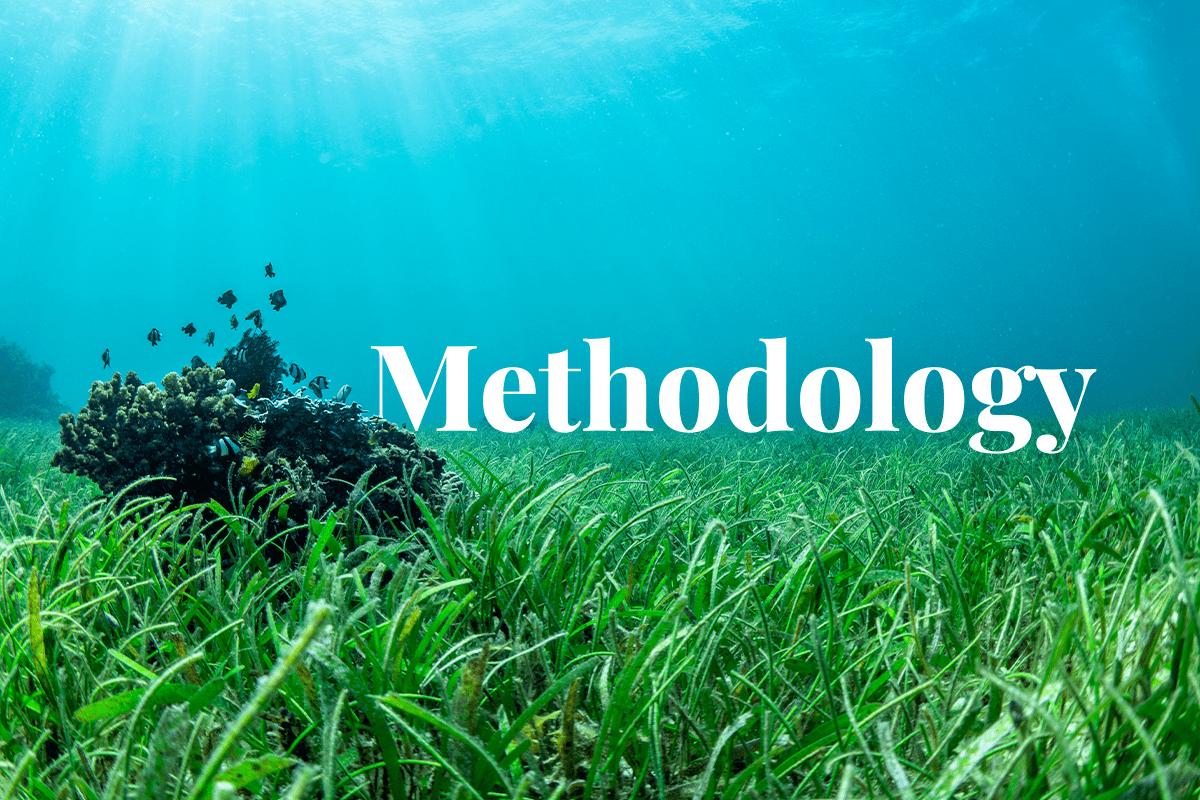Europe's first carbon credit accounting methodology for seagrass bed protection was developed by a collaboration between organisations, allowing French companies to offset their emissions. The organisations involved in this pioneering effort are EcoAct, Digital Realty France, Schneider Electric France, and the Calanques National Park.
 Seagrass bed and small fishes living in coral.
Seagrass bed and small fishes living in coral.
EcoAct, an international climate consultancy and project developer, supports companies in setting net-zero strategies and achieving climate targets. The Calanques National Park is Europe's only national park that spans across land, sea, and suburbs. It is home to over 200 protected species on land and at sea, making it one of the world's biodiversity hotspots.
The research project behind the new accounting methodology is called ’Prométhée-Med’. It aims to sequester approximately 24,000 tonnes of carbon dioxide per year, making it the first low-carbon methodology for seagrass bed protection in Europe. The crediting accounting methodology ensures the project is backed by scientific evidence and can effectively reduce carbon emissions. It also plays a crucial role in preserving the Posidonia meadows, a critical carbon stock and a key natural habitat in the Mediterranean.
Read more: Small, isolated wetlands are pollution-catching powerhouses
The seagrass carbon credits system has been approved by the French Directorate General for Energy and Climate (DGEC). In addition to its climate benefits, the project also protects coastlines by preventing or slowing down coastal erosion and supports the marine ecosystem where seagrass beds serve as a vital habitat in the Mediterranean.
The seagrass carbon credit project is based on the results of various academic and scientific institutions, including the University of Corsica Pasquale Paoli, the GIS Posidonie—Corsica Centre, and the Mediterranean Institute of Oceanography—Aix-Marseille University.
Seagrass beds are vital for regulating the climate and preserving global biodiversity. They are highly productive and diverse, providing essential ecological functions. Seagrass beds cover less than 2% of the seas' total surface area but are home to as much as 18% of marine species. The Posidonia meadow, in particular, is known for its carbon sequestration capabilities, storing up to 700 tonnes of carbon per hectare. Seagrass beds also support coastal fisheries and act as water filters.
However, factors such as pollution and rising sea temperatures have led to the loss of seagrass beds, destroying carbon stocks. The new accounting methodology for seagrass carbon credits is crucial in preventing further loss and destruction. The resulting carbon credits fall within the typology of blue carbon credits.
The Prométhée-Med project identified potential benefits and challenges in helping France reach its climate goals. The seagrass carbon credit methodology has the potential to significantly contribute to France's efforts to achieve its carbon reduction targets. It has a surface area of over 80,000 hectares, a regression rate of 0.29% per year, carbon stocks of 327 tonnes of carbon dioxide per hectare, and a carbon reduction potential of 24,000 tonnes of carbon dioxide per year or a total of 1.92 million tonnes of carbon dioxide over 80 years. The project also presents opportunities for other countries and regions to replicate this innovative approach in their efforts to protect seagrass beds and conserve blue carbon.
Explore how leading companies are achieving net zero
The development of Europe's first carbon credit accounting methodology for seagrass bed protection through collaborative efforts is a significant milestone in conserving seagrass beds and their crucial role in climate regulation and biodiversity preservation. The Prométhée-Med project demonstrates the importance of public-private partnerships, scientific research, and cross-sectoral collaboration in advancing environmental conservation efforts. The pioneering seagrass carbon credit accounting methodology developed in Europe is an inspiring example of innovative solutions contributing to a more sustainable future.
At DGB Group, we believe that investing in nature-based solutions is the optimal path to protect and restore nature. That is why we design and manage large-scale reforestation and afforestation projects that restore biodiversity and degraded land and help communities with sustainable development, including access to energy-efficient cookstoves. Our projects help to restore vital habits so that biodiversity can thrive while generating high-quality carbon and biodiversity credits.
Learn more about our projects

